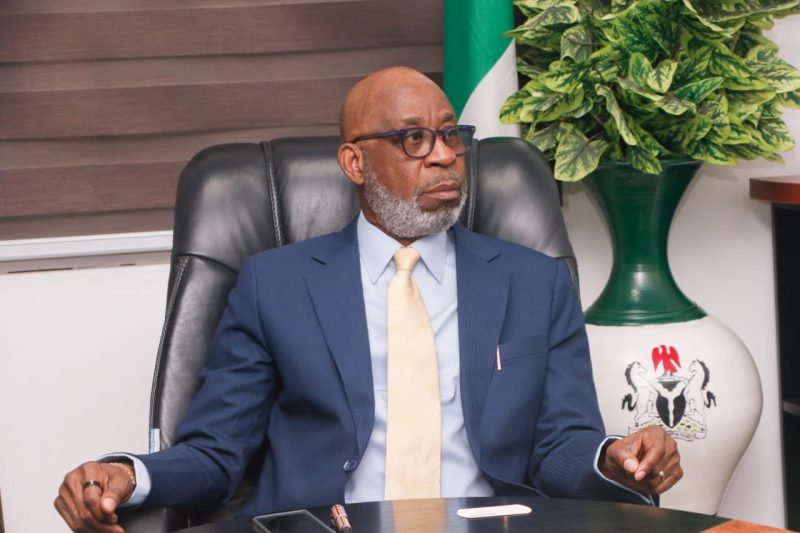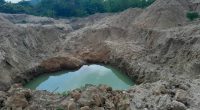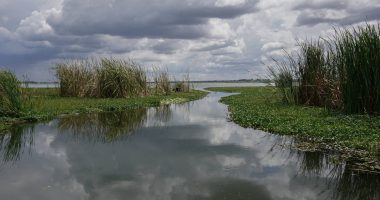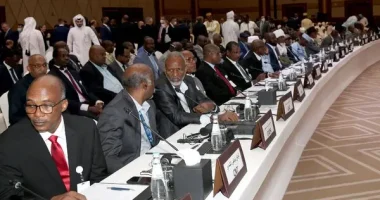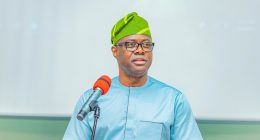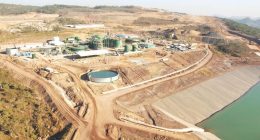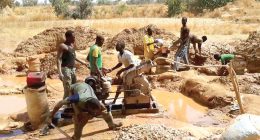The Federal Government of Nigeria has announced the generation of N6.96 billion in mining-related fees in the first quarter of 2025, alongside the registration of 118 new private mineral buying centres across the country. This forms part of renewed efforts to revitalise and sanitise the nation’s solid minerals sector.
The Minister of Solid Minerals Development, Dr. Dele Alake, disclosed the figures during the second Annual Mining Conference hosted by BusinessDay newspaper in Abuja. According to a statement from his media aide, Segun Tomori, the revenue was collected by the Mining Cadastral Office from 955 applications for various mining titles.
The minister revealed that the fees came from annual service charges, processing fees for new applications, and the renewal of existing mining titles.
“The federal government collected N6,957,826,200 mining fees and registered 118 new private mineral buying centres in the first quarter of this year,” the statement read.
The ministry approved a total of 867 applications during the period, including 512 exploration licences, 295 small-scale mining leases, 60 quarry leases, and five full-scale mining leases. Of the 955 applications received, 651 were for exploration, 270 for small-scale mining, 49 for quarrying, and 24 for reconnaissance permits.
Dr. Alake also noted that the Cadastral Office had improved its conflict resolution mechanisms to address the persistent issues of overlapping claims and legal disputes over mining title ownership.

He further updated stakeholders on progress made in establishing the Nigerian Solid Minerals Corporation—a proposed government-backed special-purpose vehicle aimed at positioning Nigeria among the world’s top mining nations.
“We are finalising its structure in partnership with the Ministry of Finance Incorporated. Nigerians will have the opportunity to invest through a public offer, with 25 percent equity reserved for citizens, 25 percent for the government, and 50 percent for the private sector,” the minister stated.
The minister also highlighted the ministry’s financial performance, stating it had surpassed its 2024 revenue target of N11 billion by a margin of N27 billion, achieving a total of N38 billion.
International partnerships have played a key role in Nigeria’s mining sector reforms. According to Alake, France has committed to equipping the laboratory of the Nigeria Geological Survey Agency and training Nigerian geologists abroad. This followed an MoU signed between President Bola Tinubu and French President Emmanuel Macron.
In addition, the government of Western Australia has approved regular training programmes for Nigerian mining professionals, with the first cohort set to depart next month. Investors from Britain and Saudi Arabia are also in talks to finance projects across the mineral value chain, while a new capacity-building agreement has been signed with South Africa.
Emphasising his administration’s policy of value addition, Dr. Alake said it has significantly improved local mineral processing and placed Nigeria at the forefront of mining development in Africa.
“Nigeria emerged as the pioneer chairperson of the African Minerals Strategy Group based on our advocacy for value addition and opposition to the reckless exportation of raw minerals without processing or refining. One of our goals is to use this position to attract investment to Africa and Nigeria,” he said.
He concluded by announcing that Nigeria would soon commission several new refining plants for lithium, bauxite, and gold within the current quarter.



